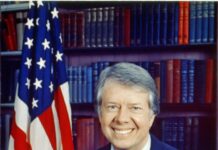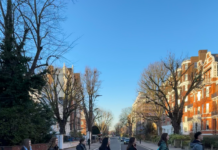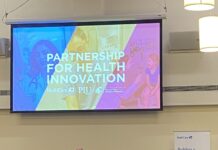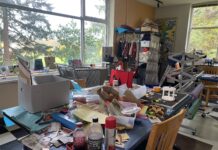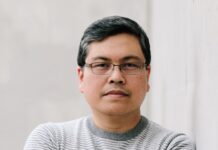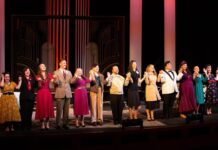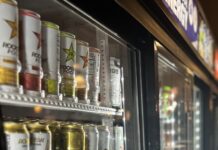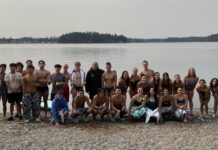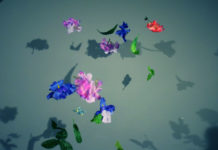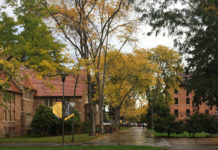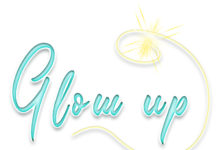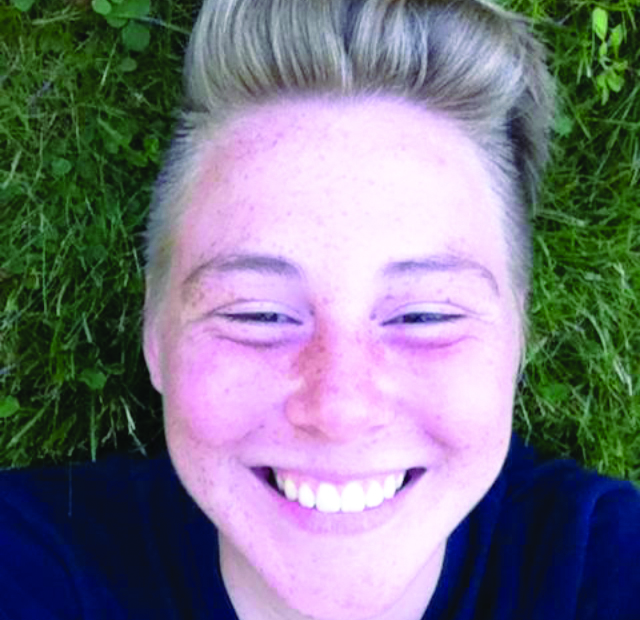
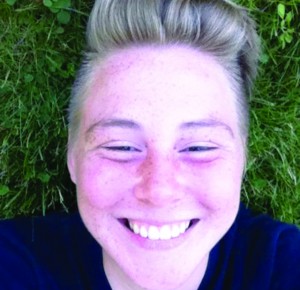
By Caitlin Dawes, Matrix Contributor
Pumping through the views of Pacific Lutheran University is the mission to become advocates within our communities, wherever our college careers may lead us to be in the world.
I believe an advocate is someone who is not afraid to speak up for those who cannot, for those who do not know how to, and/or alongside those who already are speaking. That is why PLU has the liberal arts education.
PLU wants to show each and every one of us that we cannot thrive alone; that we are a community.
To show that we all have our own perspectives to bring to the table and to show how to have an academic conversation with not just our peers, but faculty, and staff. With these classes, PLU broadens our minds with ideas such as women’s rights, gender and sexuality, diversity, sustainability, and education, just to name a few.
But things get more challenging when it comes time to actually being an advocate in the field.
One day it dawned on me how scary it can be to face people who are strangers, or even friends and family. Being in the queer community myself, I felt safe at PLU.
I never thought that I would need to be an advocate within the safety of the Lute Dome. I had not felt oppressed since high school. And there I was, in the Aglio line for dinner, tired from the battle of dead week and still recovering from my first final. All of the sudden, the guys behind me start shamelessly bantering amongst themselves, including slurs towards the queer community and towards women in their conversation.
They said things like “fag New York,” “gay-ass Nikes,” and “I swear Hillary Clinton is a man.”
There I was. I could not even turn around to glare at them. In fact, I have no idea who was even behind me. I do not know if they could tell from behind that I am biologically female, and later it dawned on me that I was wearing Nike shoes. I was stunned.
There I stood: a Reike Scholar, a Social Justice Director of Hong International Hall, and a periodic QASU member. I could not even look them in the face or side glance at them to show my disturbance.
No. I just stood there.
It frustrates me that this happens. We pay $45,000 to be here and the vocabulary rolling off the tongues of some students are of high school level. Seriously? I was left wondering how I could better advocate in the future.
A week after the incident, I watched a show on the Smithsonian Channel called “Hip Hop: The Furious Influence of Rhymes,” and things started to “click” for me.
This show connected with me so significantly because I too write on occasion, and have been to a few of the placed that were featured in the documentary, including: the Bronx, New York, Paris, Berlin, Jaffa, and Dakar.
The documentary showed that each of these places has people who articulate through their lyrics what others are afraid to say because of an oppressive government, environmental pressure, unequal rights, and/or fear.
The beauty and the raw emotion that each of these countries’ rappers brings to the table, not just as artists but as advocates for their community, is amazing.
One group in particular from the documentary that I remember, DAM, raps primarily in Arabic, Hebrew and English.
They raise their voices to the Palestinians and to anyone else who will listen. I knew of the conflict in Israel between the Palestinians and Hebrews when I visited there in 2010. There was a wall that divided Palestinians into ghetto neighborhoods, called the “territories.” This experience gave this song added meaning for me.
Other countries and their struggles featured in the film also took my attention.
One of these countries is France and its ongoing battle with racial discrimination that results in youth riots against the government.
Another is Germany and the ever-presence of the Berlin Wall. Although physically only its ghost remains, its emotional presence still divides the Berlin citizens.
A third country that caught my eye was Senegal. Featured here was the influence of French and British colonizers, evidenced by a culture diluted from Westernization.
In each of these countries, the documentary highlighted several brilliant rappers. These rappers spoke in many different languages about their struggles as individuals, as communities, and as countries. Their words flowed into a form of expression that allowed space for each and every one of them to say what they feel needed to be said.
One rapper on the Smithsonian show said, “Even if the words are in a different language, it is the beat that speaks to me first. Then the whole nitty gritty stuff on what they are saying.”
This idea connected with me when M.I.A.’s song Bring the Noize became my dead week and finals week mantra.
M.I.A., a British rapper, combines in her songs advocacy and awareness of the Hindu religion, the Indian ethnicity, and the politics wrapped around the lives of the immigrant Indian community in England.
After listening to her quick spits for a week I finally looked up what she was really saying (mostly because I wanted to join along). She was saying the whole time, “Bring the noise when we run upon them. Freedom.”
I’m coming to realize that advocacy can come in all sorts of packages, including education, experience, and music.
I’m also realizing that advocacy is not something that can be thrust upon someone; there must be consent and understanding to what someone is about to delve into, which cannot always be predicted.
We cannot rely solely on education to spread the works of advocacy. Perhaps, then, we can use our own words and experiences.
Hip hop, rap, and slam poetry are not the works of gangsters, drugs, and money. The hip hop community is more than that. It combines the raw emotions of people like you and me. People of all races, ethnicities, sexualities, religions, nationalities, beliefs. Everything.
I want to encourage others to learn from the work of those they do not know and see how they express advocacy for their community. Advocacy is not limited to protests and picketing at rallies. It is our voices.
This essay was published in the Spring 2014 issue of The Matrix. To learn more about The Matrix or read other pieces from The Matrix, visit http://www.plu.edu/matrix/.

